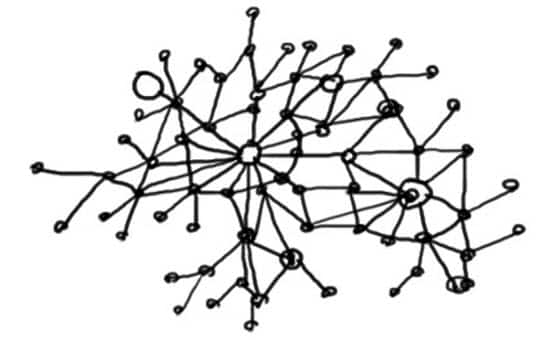(Source: Flickr)
Traditional strategic thinking, the kind championed by HBS Prof Mikey Porter, says that real economic value is only created when a company can sell a product or service to customers at a price that exceeds the cost of producing it.
In other words, companies are entities that sell products or services, and strategic thinking is all about figuring out how to do this profitably. End of story.
This view seems to make sense, and in a world before the Internet it definitely made a lot of sense.
The problem though is that business on the Internet is not primarily about selling products and services.
The Internet allows people to connect with each other at pretty much zero cost, and successful Internet-based companies like LinkedIn, Facebook and eBay have accepted this reality.
By building business models that enable people to connect around a common interest or shared purpose in a way that can be scaled these Internet-based companies have produced significant economic value in a way that is often sustained not by the sale of products or services but through advertising, commissions, memberships and distribution fees.
The Internet enables connection, and an economy where people produce economic value by building markets and communities.
For tech founders monetisation is often a second-order problem, and while part of the solution may involve selling products and services, this will not always and not necessarily be the case.
Part of good strategic thinking involves accepting the world as you find it, and adapting your approach.
Is your business connecting with people, or helping people connect with each other?
Should it be?
🔴 Found these ideas useful?
Sharpen your edge
